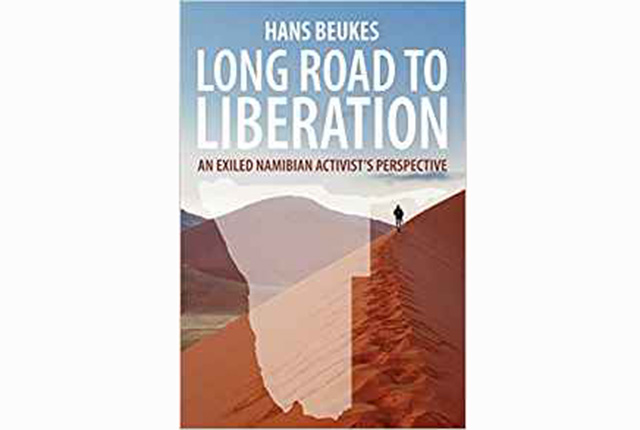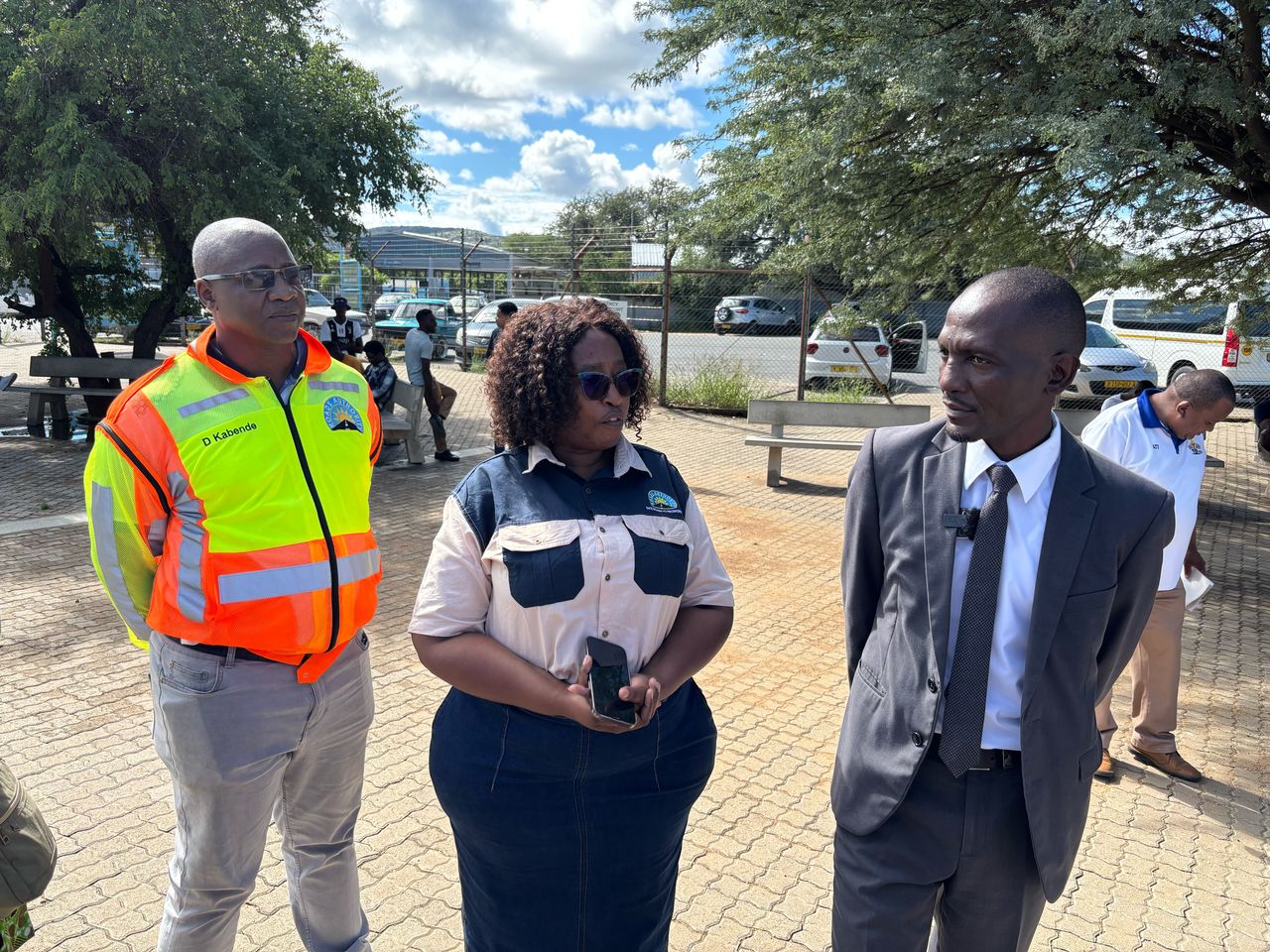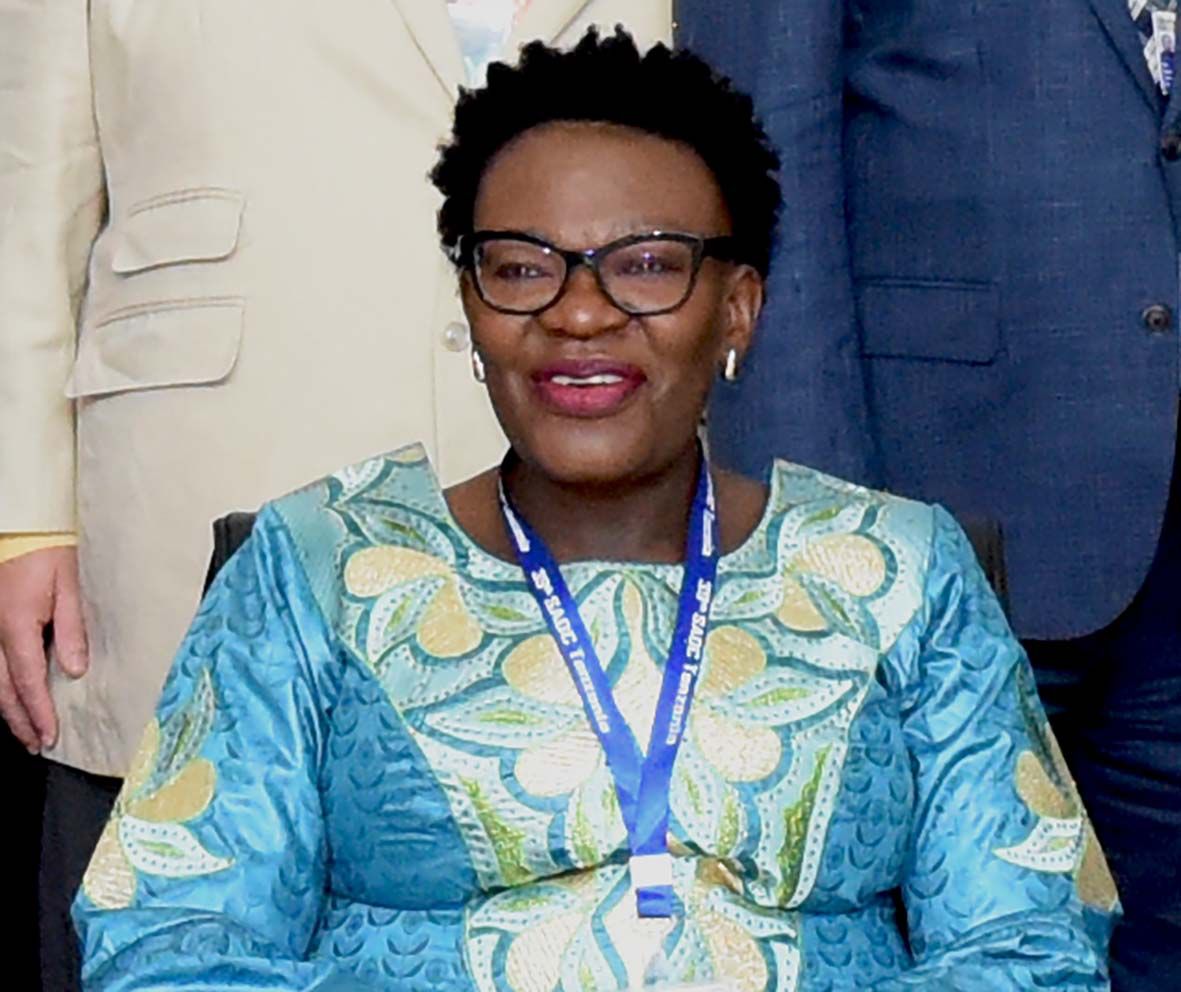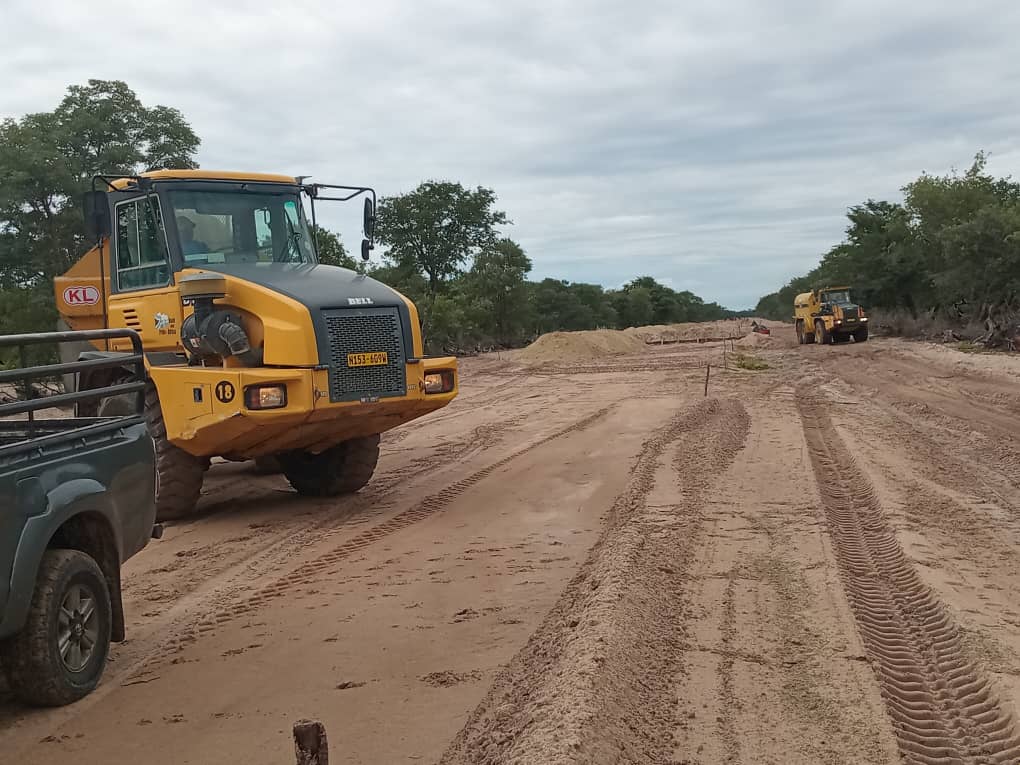WRITING history inevitably results in contested narratives, more so when it is a highly personal account of events that shaped part of this country’;s most recent past – the protracted liberation history and politics – that culminated in a complex international agreement that made the independence of the country possible.
Hans Beukes’; ‘;Long Road to Liberation, an Exiled Namibian Activist’;s Perspective’; offers not just an analysis of key formative events in the life of the author, who hails from the farm Narubes (Khoekhoegowab for ‘;the place where the goat rejected its lamb’;) in the Rehoboth District, but offers a wide-ranging personal account of many aspects of the politics in exile, as a fulcrum of Cold War politics.
Beukes makes clear how these forces ushered in an independent Namibia as the outcome of various historical compromises, most of which were struck before the country took its independence in March 1990. The result is a book as unsettling as it is enlightening: A book that draws the contours of pre- and post-independent politics with commendable strength.
As a memoir, ‘;Long Road to Liberation’; has much to offer in terms of the geo-politics of the liberation struggle, Swapo’;s links and tensions with other former liberation movements such as the African National Congress (ANC) in South Africa and with the former Frontline States; the arterial role of the United Nations (UN) and its subsidiary bodies in fashioning the diplomacy of Swapo in exile and the rise to prominence of the erstwhile liberation movement as a formidable political and diplomatic actor.
The book is also about personalities who played important roles in a broader historical context relevant to the liberation of Namibia, while subtly explaining Nujoma’;s legacy today.
To his credit, the author does not fall into the trap of hagiography, but also argues for those less appreciated, but whose vision continues to underpin democratic politics in the post-colony.
Among those in this category were/are: Mburumba Kerina, Jaritundu Kozonguizi, the American jurist Alard Lowenstein, Andreas Shipanga and Dr Kenneth Abrahams. This allows the author to write critically about founding President Sam Nujoma, who so passionately embraced the Namibian Revolution and so ardently desired to be embraced by it.
To its credit, the book covers in 98 pages the events that gave rise to the crisis within Swapo and its aftermath in late 1975 to the mid-1980s, shortly before the independence of Namibia. Together with a few other published sources, the book gives a fairly comprehensive and compelling account of these tumultuous events.
The value of Beukes’; account is that he situates the events in a broader context, notably that of the geo-politics that characterised much of southern Africa in general, and the politics of uncertainty that gripped the Frontline States after the peace overtures between the former apartheid state in South Africa and the then president of Zambia, Dr Kenneth Kaunda, against the backdrop of the crisis in what was then Rhodesia (now Zimbabwe), in particular.
The corset of Cold War politics as evidenced in the forays of the then US secretary of state, Dr Henry Kissinger, into the region and the engagement of the Soviet Union in Angola is sensitively drawn.
Given the historical and political topography of the terrain that the ‘;Long Road to Liberation – An Exiled Namibian Activist’;s Perspective’; traverses, it should ideally be read together with a number of other books that cover part of the same terrain, so as to enable the reader and the scholar a more nuanced understanding of some events. Having said that, however, the book does deliver satisfactorily on scholarship: Mostly as a counter-hegemonic and alternative critical account to works that are strongly patriotic and that tend to glorify individuals in the liberation struggle.
The personal journey of the author inspires and the book deserves to be widely read and discussed.
Stay informed with The Namibian – your source for credible journalism. Get in-depth reporting and opinions for
only N$85 a month. Invest in journalism, invest in democracy –
Subscribe Now!










